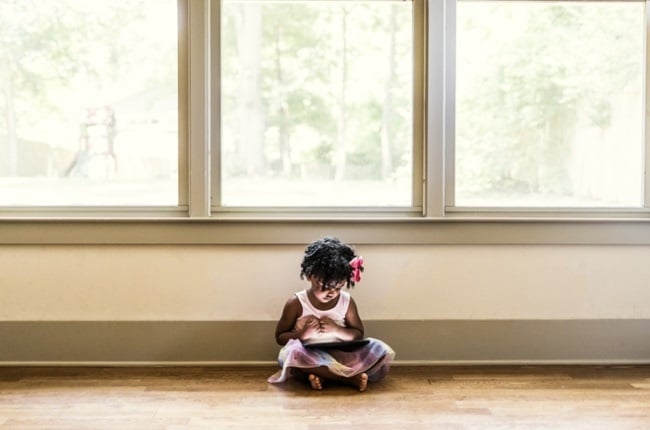
Studies show that children who openly talk to their parents about sex are more likely to delay having sex and will use protection when they become sexually active.
This is according to Johannesburg-based counselling psychologist Lerato Mokgethi who speaks to Drum from her Boksburg office.
For a long time, the conversation about sex has been couched in moral terms, warning girls to keep their virginity for the “right man”.
There’s a huge danger in trying to dissuade children from having sex by using scare tactics, and experience has taught many of us that if children do not get the right advice from parents, they will often take advice from their peers.
This is why Lerato believes the “sex talk” should be an ongoing conversation between parents and children, instead of a once-off conversation when they reach puberty.
“I think it’s important for parents to talk about healthy and respectful relationships, and talking to your children is not just a once-off,” says Lerato. Whether we want to face the fact or not, she says, with more kids having access to data, unlimited Wi-Fi and devices since the Covid-19 lockdown, psychologists are seeing the kids who are accessing pornography online getting younger and younger.
Read more | New study sheds light on scale of human trafficking in SA
“So when is the right age to start talking to your kids about sex? The answer is the earlier you start, the better.”
From about the age of five, teach them about their body parts and use the correct biological names. Doing this teaches them to be more aware of their bodies and the changes that take place, says Lerato.
“It’s important for parents [when they have these conversations] to discuss issue of self-respect and respecting others. And I think it’s important to teach your children about values and more about self-love because you find that when teens are engaging in sexual activities, it’s more about the relation from a boy or even a girl.
“So it’s important for children to understand, on a foundational level, family values and values when it comes to the self. Parents need to listen to their children more and not just lecture.”
It’s often an awkward conversation to have, but Lerato suggests using what they see on TV and what’s in popular culture or part of their everyday lives to bring up sex.
“Sometimes it can even be a song that your child is singing along to. You can ask them, ‘Do you understand the lyrics? What do they mean to you?’ Sometimes we find that the little one is watching cartoons and one cartoon has a crush on the other.”
Use those moments as teachable moments in order to remove the barrier that often exists when it comes to talking to our kids about sex, advises Lerato. “These are the conversations that need to be had from a young age,” she emphasises.
“Let’s also refrain as parents from lecturing instead of explaining why. Over and above the message about abstinence, can there be more of a discussion? Yes, abstinence is key because you need to be emotionally mature to consent to sex. But it’s also important for parents to start to paint sex and sexuality as healthy and a beautiful thing to look forward to, with the right partner, and at the right stage in your life, instead of saying, ‘You’ll fall pregnant!’ and the other consequences.
If you reframe what healthy sexuality is, says the psychologist, they are less likely to depend on information from friends or media. Parents must present accurate information too, like how to prevent pregnancy and STIs and what informed consent is.
Last year, Stats SA revealed that 90 037 girls aged 10 to 19 gave birth from March 2021 to April 2022, a troubling statistic for a country that has attempted to ramp up sex education and the rolling out of contraceptives in the past two decades. Women in the 15-29 age group continue to have the highest HIV prevalence in this country, according to the fifth South African National HIV Prevalence, Incidence, Behaviour and Communication Survey.
And with the endemic nature of gender-based violence and femicide, girls and women are the most vulnerable in SA.
So what signs do you look out for if you are a parent who’s worried your child is possibly being groomed by a predator?
“More than anything, know your child,” says Lerato. “The moment you pick up on something that is different – because children present themselves in different ways – the moment you pick up on behaviour that is unusual, engage and be more present and vigilant.
Read more | Coping as a breadwinner and how to break the cycle so your kids and theirs won’t have to pay black tax
“I sometimes get very surprised when I encounter parents who don’t have apps to monitor their children’s online activities,” the psychiatrist shares. “Some children are on dating sites. So there needs to be an element of transparency about what your child is doing, where your child is.”
Parents even be even wary of sleepovers and be aware of who they’re children are engaging with online, she adds, cautioning that the moment that you see something that is inappropriate, don’t keep quiet or shout.
Rather address it immediately in the calmest, most rational and constructive manner that you can.
Lerato is a counselling psychologist at Meaningful Minds.



















